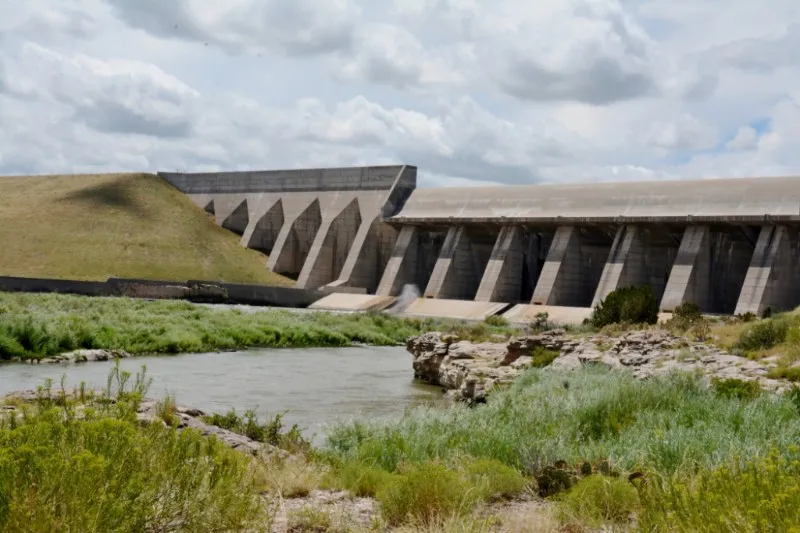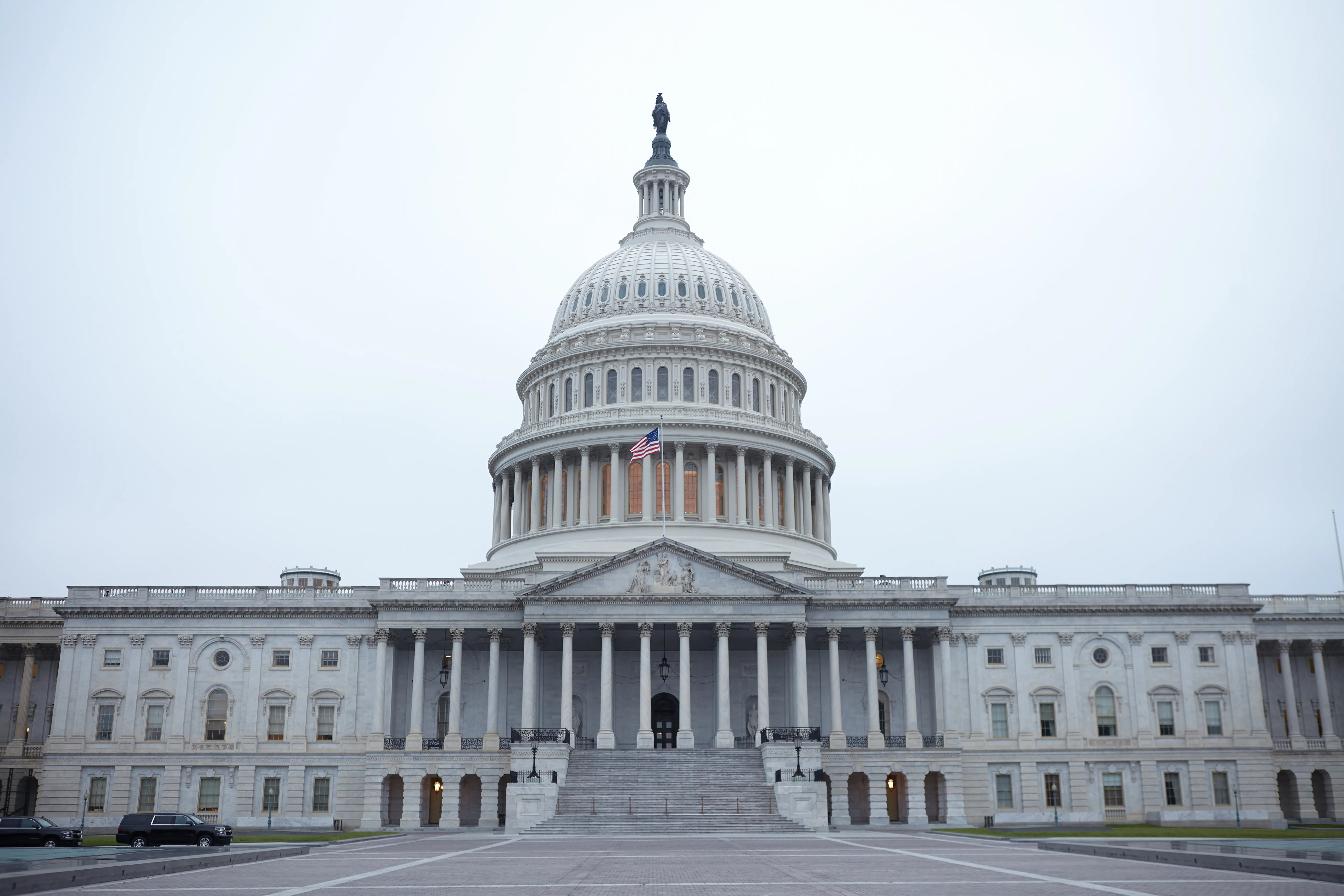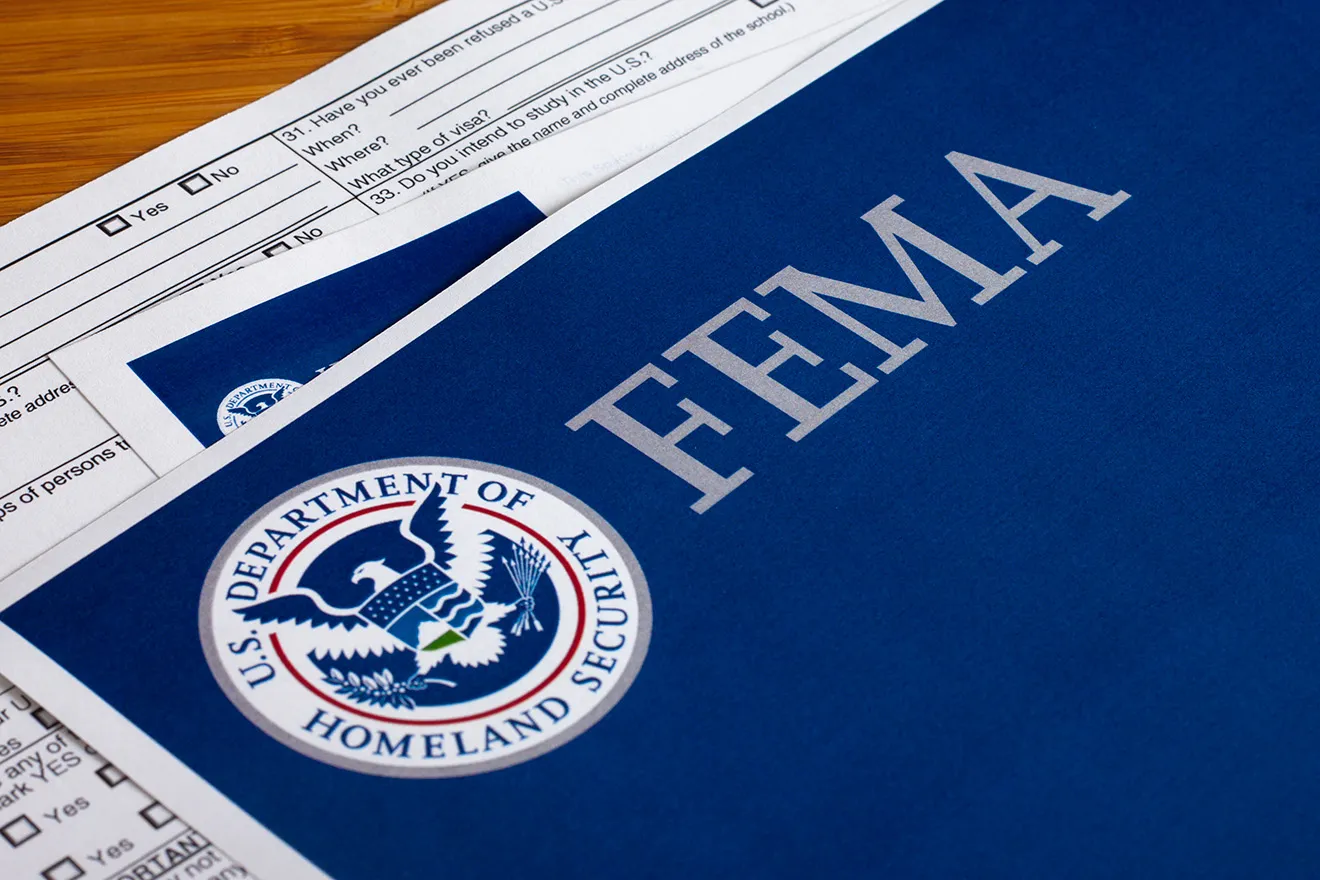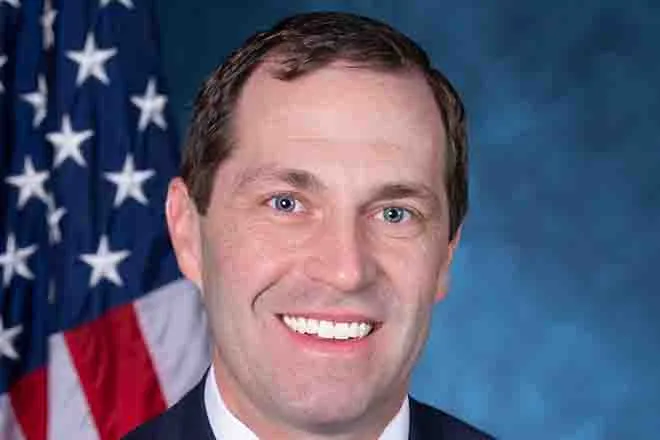
Daily Audio Newscast Afternoon Update - October 13, 2025
© INDU BACHKHETI - iStock-1336427297
News from around the nation.
Last living hostages released after 2 years, Trump addresses Knesset; Alaska small businesses face losing health insurance; Advocates: Loss of SNAP benefits would hurt AZ families, students; NYS nurses concerned about Medicaid cuts, ACA subsidies expiring.
Transcript
The Public News Service Monday afternoon update.
I'm Mike Clifford.
President Donald Trump held a dawn of a new Middle East in remarks before the Israeli parliament today after Hamas freed all living hostages and Israel released Palestinian prisoners under the U.S.-brokered ceasefire deal.
Trump is now headed to Egypt for a summit on Gaza's future alongside with other world leaders that from CNN they report Prime Minister Bibi Netanyahu declined an invitation from Trump to also attend the summit.
The small business owners in Alaska say they're threatened by federal spending cuts and the proposed elimination of health care premium subsidies.
Cuts to Medicaid funding under President Trump's budget reconciliation bill are already leaving Alaska children without access to basic health care and causing rural hospitals to close.
Now lawmakers are also considering ending enhanced Affordable Care Act subsidies as they negotiate a government shutdown.
Pat Race, who owns the comic shop Alaska Robotics in downtown Juneau, says those subsidies could mean the difference between staying open or closing their doors.
"Particularly in a rural area where you maybe have one bakery or one comic shop or one bookstore, that means that you're not going to have that thing.
It makes communities less livable.
It takes a chunk out of our identity and who we are."
If the cuts go through, data show Alaskans' annual marketplace health insurance premiums will increase by more than $1,800 for individuals and even more for families.
I'm Mark Moran.
And children's health and nutrition advocates fear changes in eligibility requirements for federal SNAP benefits could begin affecting Arizona families and their kids as early as November.
A budget bill passed by Congress includes $186 billion in cuts to the Supplemental Nutrition Assistance Program, January Contreras, with the Arizona-based Children's Action Alliance says adding more work regulations, limiting benefit levels, and shifting the cost to states will have a major effect on whether children are fed at school.
When we're talking about a kid having enough to eat, it is a basic need that in the United States of America we should still say is a priority that's worth protecting.
In 2024, more than 900,000 Arizonans participated in the SNAP program.
Experts say under the Trump administration's One Big Beautiful Bill Act, tens of thousands of Arizona families would lose access to nutrition assistance.
Mark Richardson reporting.
And as the government shutdown enters its third week, New York state nurses are preparing for potential fallout.
Health care workers are concerned lawmakers won't extend pandemic-era Affordable Care Act subsidies passed under the Biden administration.
Raditha Abrams-Nichols with SUNY Downstate Health Sciences University says the hospital is worried about the future.
We have this plan by 2030 to have 150 bed single room facility in central Brooklyn, which is a big deal for that community, and care center.
We don't know what will happen.
We build it and then what?
If we cannot get enough commercial insurance people in there to sustain the job. - Hospitals statewide are at risk because the subsidies and programs help them remain open.
This is public news service. - Education advocates in Michigan say the state's new $21.3 billion school budget doesn't go far enough to meet students' needs.
Critics of the plan contend it once again shifts money away from K through 12 classrooms, using school aid dollars to fund roads and higher education while backfilling school budgets with one-time emergency reserves. - The Michigan Education Justice Coalition says the plan falls short of creating a long-term equitable funding structure that truly supports all public schools.
Coalition Director Rachel Crow Hercher argues that shifting more cost into the school aid fund will hit the hardest. disappointing that the legislature, rather than getting serious about supporting the general ed fund and funding things to the appropriate level through either revenue generation or reprioritization, just continue to say, well, we'll have the school aid fund pay for it.
She noted this year's budget marks the largest rate on the school aid fund since 2012.
The coalition says Michigan schools are still more than $4 billion short of adequate funding, but supporters call the plan a strong step forward, citing record per pupil funding, free school meals, and new investments in student mental health and safety.
Crystal Blair reporting.
And researchers at Arizona State University are creating reliable sources of renewable energy on the Hopi Reservation and say the project could serve as a model for other rural areas.
Alternative energy experts are creating a solar-powered microgrid to bring renewable and consistent power to a remote part of the state that for generations hasn't had a lot of it.
Jacob Moore, a special advisor on the project, says they're helping people living in Pueblo villages that are among the longest inhabited places in North America.
Very much living off the grid, so to speak, but opportunities in terms of economic development, education, health care, things where electricity is important in terms of helping the sustainability of these communities going forward.
The solar microgrid is backed by a $9 million grant from the U.S. Department of Energy.
Once it's up and running, the Hopi Tribe Community Solar Project will use existing fossil fuel-based infrastructure to deliver the power.
I'm Mark Moran.
Finally, with Medicare's annual enrollment period starting this week, folks in Louisiana who qualify for both Medicare and Medicaid are encouraged to explore health plans that combine benefits.
Dual Eligible Special Needs Plans, or DSNPs, are Medicare Advantage plans that combine hospital and medical coverage provided by Medicare into a plan that coordinates with, does not replace an individual's Medicaid benefits.
Maryann Cabanillas with UnitedHealthcare Community and States says D-SNPs provide expanded coverage to eligible people.
You may be able to get vision coverage, hearing coverage, and dental care.
The other things that these dual SNP plans may offer.
Brett Pivito reporting.
This is Mike Clifford.
Thank you for starting your week with Public News Service.
Member and listener supported.
Find our trust indicators at publicnewsservice.org.

















